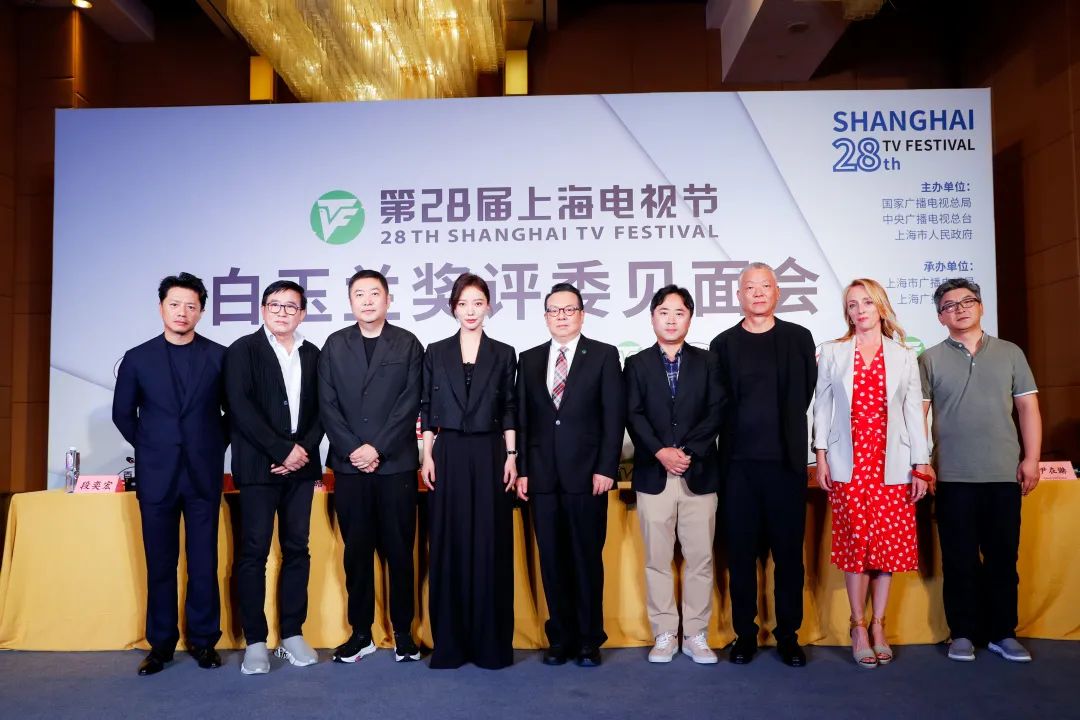Jury Meeting of Magnolia Awards: Congratulations to All Nominees
The finalists of the 28th Shanghai TV Festival’s Magnolia Awards in various sections have garnered a lot of attention once they were announced, and at the meeting with the juries of the Magnolia Awards on June 21, the juries explained their criteria for determining good works. They believed that truly excellent works, in fact, are the same to some extent.
To choose the best among the best with professional standards

Shanghai TV Festival, which was postponed for one year, had 22 works shortlisted for the Magnolia Awards. At the jury meeting held in the morning, Hu Zhifeng, jury president of the drama section and a film and television scholar, said, “It is always difficult for the jury to choose the best among the best”, “But we will certainly make decisions with professional standards; and there is no such thing as “surprise upset”, as all works shortlisted are quite remarkable.”
Hu Zhifeng expected that this year’s Magnolia Awards will come with an overview of booming Chinese TV dramas and benchmark works recognized by the audience and the industry. In his opinion, even if it is difficult to make choices, there will be a result in the end, and the selection will be a process involving comprehensive considerations, “We’ll review works based on various factors holistically, such as the contemporary significance, breakthroughs, innovation, or the general value for an individual award. Therefore, all finalists are winners, and the award-winning ones are worth celebrating!”

Other jury members also expressed their views. After viewing the finalists for several days, director Sun Hao sighed that “it was a kind of ‘test’ for us to focus on so many good works that are produced in the past two years,” and as a result, he was a bit schizophrenic, “sometimes I am emotional, yet sometimes rational; sometimes I want to hear to the voice of the audience, yet sometimes I have to judge from a professional perspective. My mood also follows the ups and downs of the plots, while I am trying to analyze these works.”

Playing the role as a jury has made actor Duan Yihong more deeply aware of the prestige of Magnolia Awards, “As a jury, to guard the prestige of Magnolia Awards is what I should do above all.” He said he is very concerned about the “quality” of a work, especially the values cherished in the script, the aesthetic sense and the power of artistic expression.
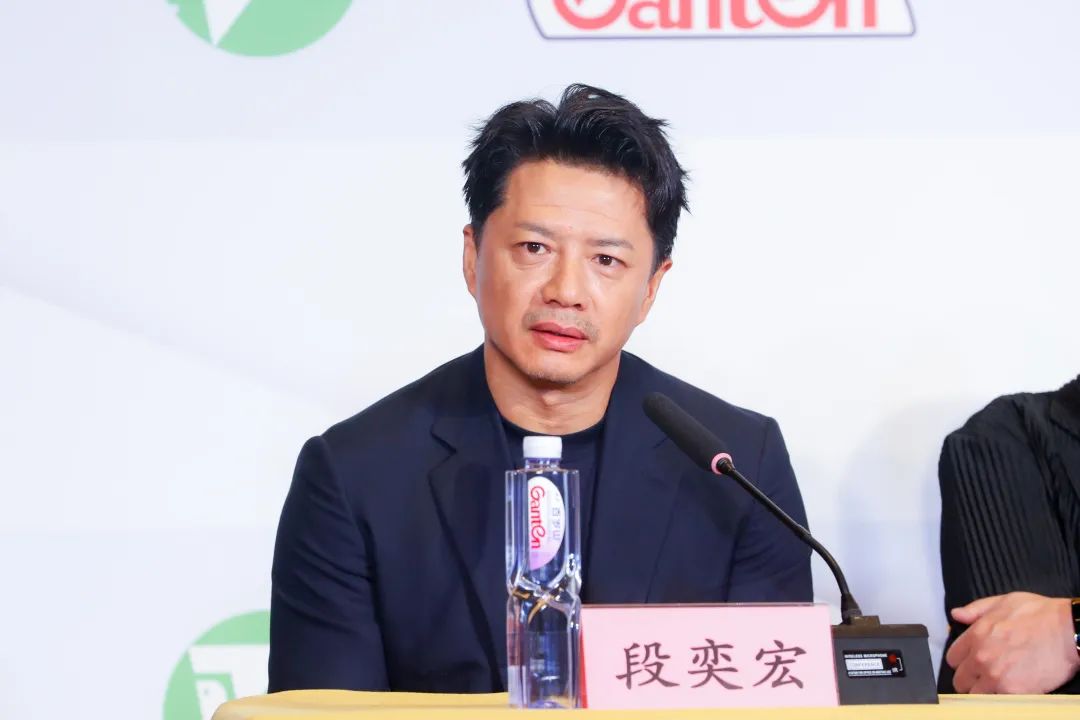
From competing with her work at STVF 12 years ago to being a jury member for the Magnolia Awards, Wang Luodan described herself as having more pressure after the change of role and hoped to live up to her responsibilities, “Our consensus is to choose works that are recognized by the industry and favored by the public. With juries from various fields, the works chosen from different perspectives will surely meet the expectations of the general public.”

Screenwriters are good at conveying great themes with details when telling telling stories. Works such as ALL IS WELL and MINNING TOWN are representatives of domestic dramas in innovative storytelling. Wang Sanmao, the scriptwriter of these works, said that after watching the 22 finalists, he was full of respect for his fellow scriptwriters as a jury member, “They really put in a lot of hard work, not only bringing spiritual pleasure to the majority of audience, but also conveying spiritual strength.” He believes that no matter who wins the award, we are fellow travelers on the path toward the high-quality development of Chinese TV dramas.
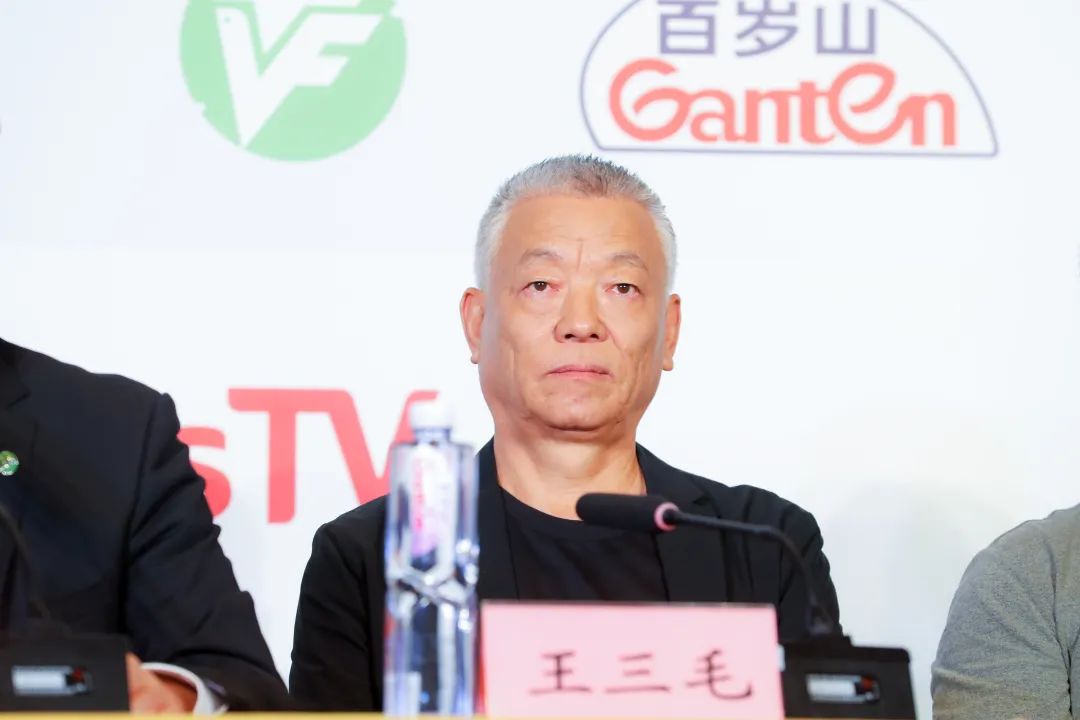
Jury member Mu Deyuan analyzed the characteristics of current TV dramas from the perspective of a cinematographer. Nowadays, TV drama productions are often praised for their “cinematic” quality. He believes that the difference between the two is only in terms of viewing forms and habits, “In fact, TV dramas are almost the same as movies in terms of production materials, and from a filming point of view, some TV dramas have even higher requirements than movies - most of the movies are shown at around 2K, while some TV dramas require 4K50 fps, which is common worldwide today.”

Jury member Zhao Tong, a literary critic, has carefully analyzed the shortlisted “phenomenal works”. He said that beyond the awards, we should value the intrinsic values of these “hits”. “Hits are not imitable, ‘those who learn from others thrive, yet those who imitate others fail’. Only original works and solid creation basis, joined by various factors, will catalyze hits. He said that audiences are now becoming more and more demanding of the quality of TV dramas, “A rising tide lifts all boats. And we should be motivated to create more sophisticated high-quality works.”
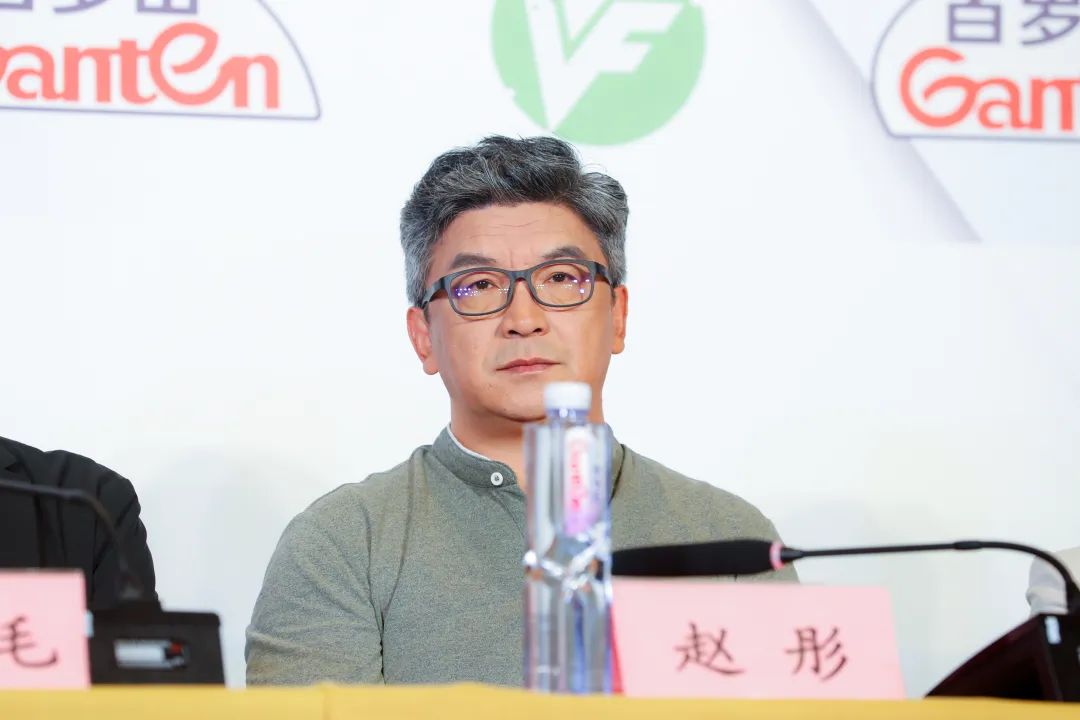
In fact, like the Chinese drama section, the foreign drama section also faces challenges in selection. Jury president Hu Zhifeng said that he and the two foreign jurors are in the same dilemma, “It is too difficult to select from so many high-quality works.” Jury member and Spanish actress Mar Sodupe said that the East and West have different cultures, “but we focus on commonality, as different cultural backgrounds and different life experience will spark resonation among us. Joy and sorrow are shared emotions of human beings, and a story that reflects humanity will be internationally appealing.”
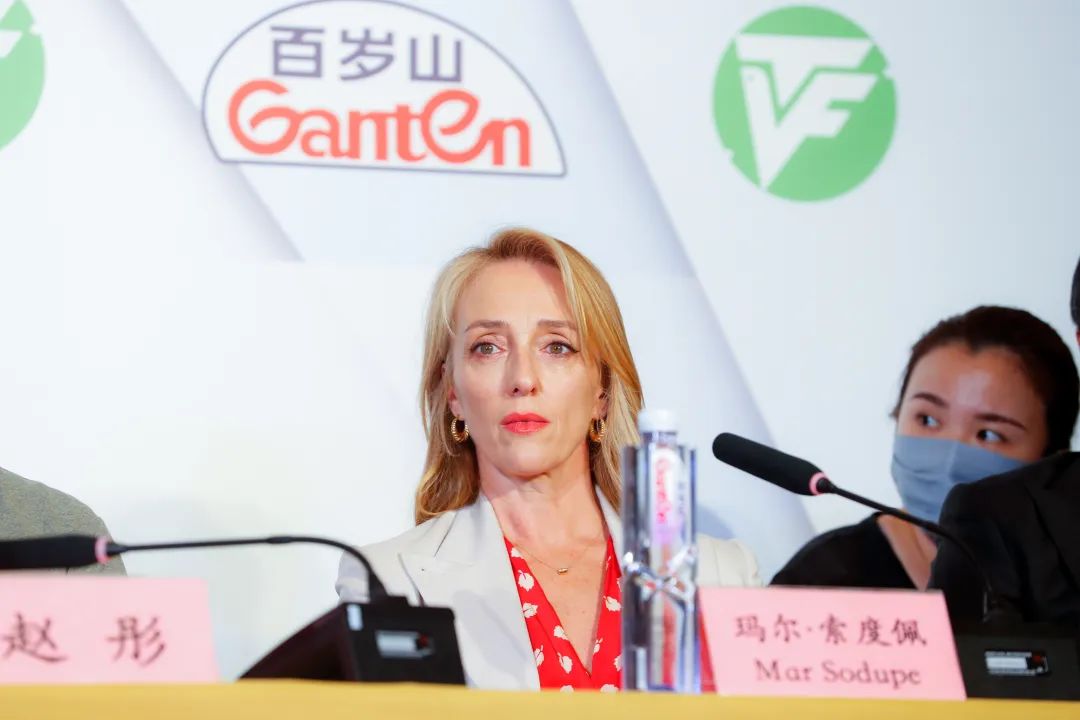
Jury member and Korean producer YOON JaeHyeok dissected the characteristics of a good work with the Korean drama industry as an example. “To review a script, I’m concerned about whether it’s a good story and whether the audience really likes the content.”
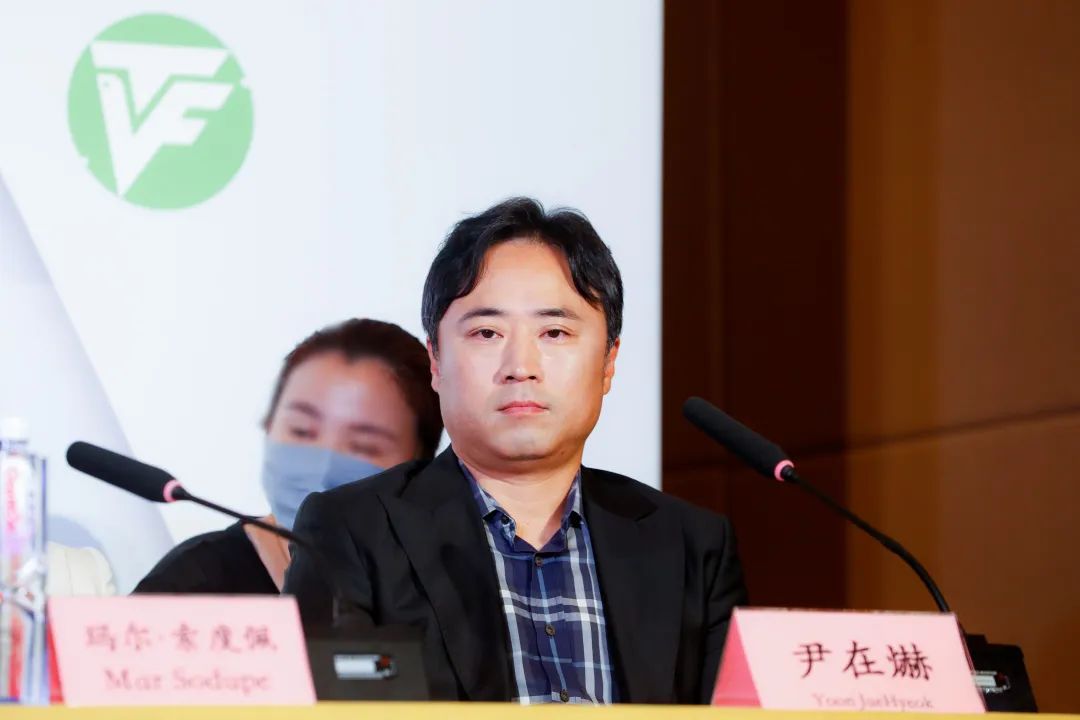
Humanistic care and innovation, the top priority

Today, documentaries are no longer something niche; and animations are no longer a genre for children only. Among the nominees of this year’s Magnolia Awards, many documentaries and animations have touched upon popular topics. When asked about the criteria of good works at the jury meeting, the jury members of the two categories put forward three criteria: appealing theme, humanistic content, and the sophisticated production.
Poh Si Teng, jury president of the documentary section and U.S./Malaysian documentary filmmaker, said there are several criteria to measure the excellence of a documentary, including the quality of production, the content, and the conflict with the audience, “but the most crucial one is still whether it is touching, thought-provoking, and enlightening, that is, it changes people’s views.”

The jury member and documentary curator Professor He Suliu focused on the survival of the ordinary people, that is, the content that can reflect humanistic care. “They have to break out from the difficulties they encounter and also realize their ideals in the process, and the process will particularly impress me.”
In the development of documentaries today, many subjects are increasingly concerned with “voices nearby”. He Suliu said, being nearby or far away is only a relative concept, “Documentaries will lend its lens to people around, the society, the fate of the times and even the planet and more inherently. However, to be concerned with what is nearby doesn’t necessarily mean to focus on things around us, which is niche and limited. The vitality and charm of documentaries precisely lies in a ‘broader vision’, and connection with the external world is the touchstone in review.”

Jury member and German documentary filmmaker Sabine Bubeck-Paaz, who usually works more on music and culture documentaries, believes that regardless of genre, “one should always strive for accuracy in the production process”. When she selects and produces for a topic, she seeks out many relevant professionals to discuss it, “constantly listening to their ideas and opinions, finding facts, tapping more important information from them, and expressing it. To listen is key to the production process.”
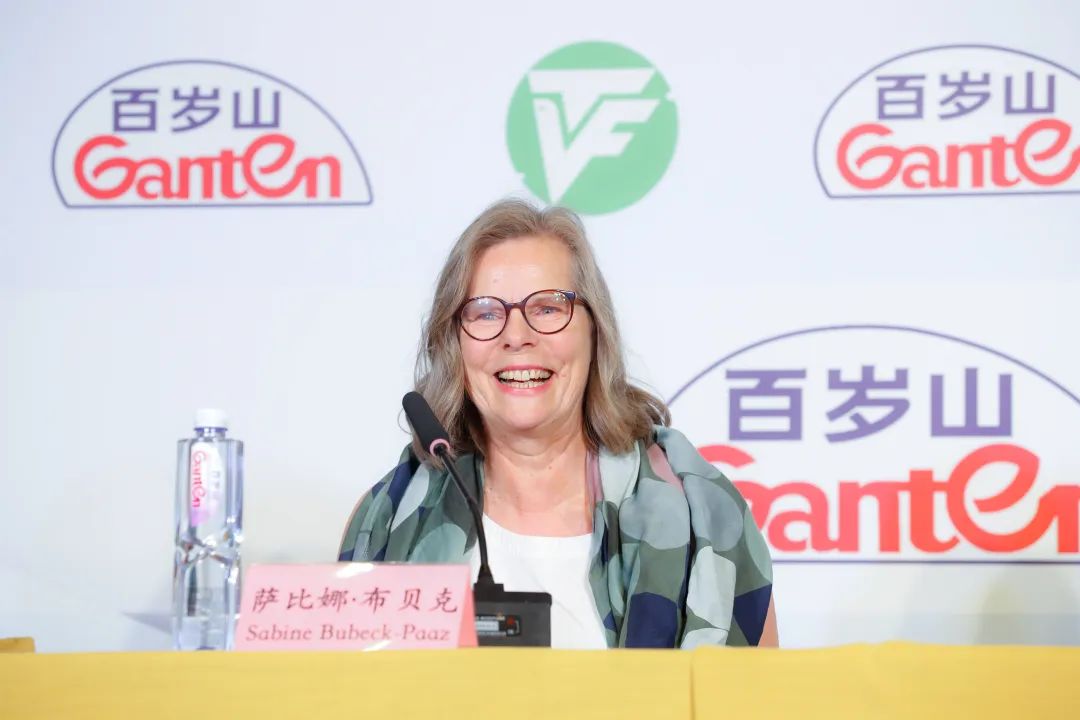
This is true for documentaries, but also for animations. With the development of technology, the genre of animations becomes more abundant. Be it historical themes or mythological themes, a variety of stories can be presented through the form of animation. In the opinion of Canadian animation director David Stephan, jury president of the animation section, such a development trend makes the angle of theme selection of animations particularly important: “The creator must know whether the theme can resonate with the audience; it is important to truly blend the characters’ joy, anger, sorrow, and the background of the times through technology during the production process. In the 24-frame per second animation film, each frame should be able to move people.”

Jury member and Malaysian animation director and producer Spencer Ooi is particularly interested in traditional humanistic stories. “The story is at the core, but where does the story come from? I think it should come from our traditions.” As a Malaysian of Chinese descent, Spencer Ooi himself often draws inspirations from the traditional culture. “My father often told me ‘Don’t forget the legacy left by the ancestors, they are really good stuff.’ So, as a jury, when I review works, I often look for the original aspirations of the creators in them, because the past can help us vision the future, and I always keep that in mind.”
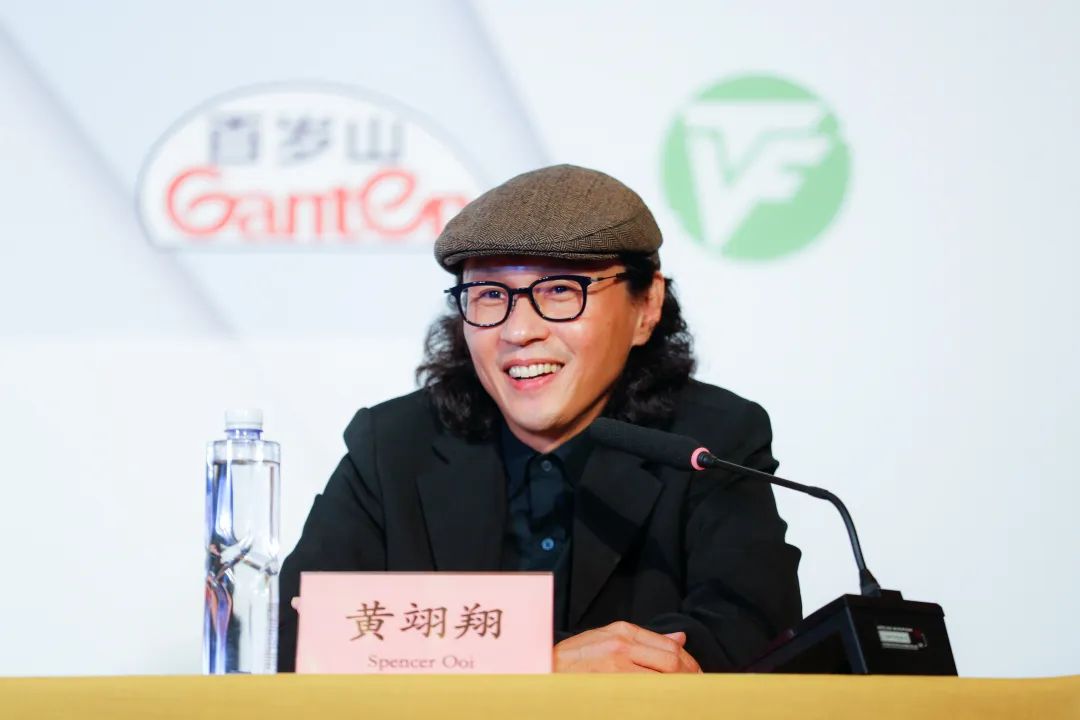
Jury member and Chinese animation director Professor Jia Fou said that the animation industry is developing rapidly, but animators shouldn’t forget their responsibilities, “Our country pays great attention to animation education, and the number of young children who are concerned about this industry and artistic creation is also large. Everyone has high expectations for the creation of our country’s animated works. We also hope that China can create world-class animations.”
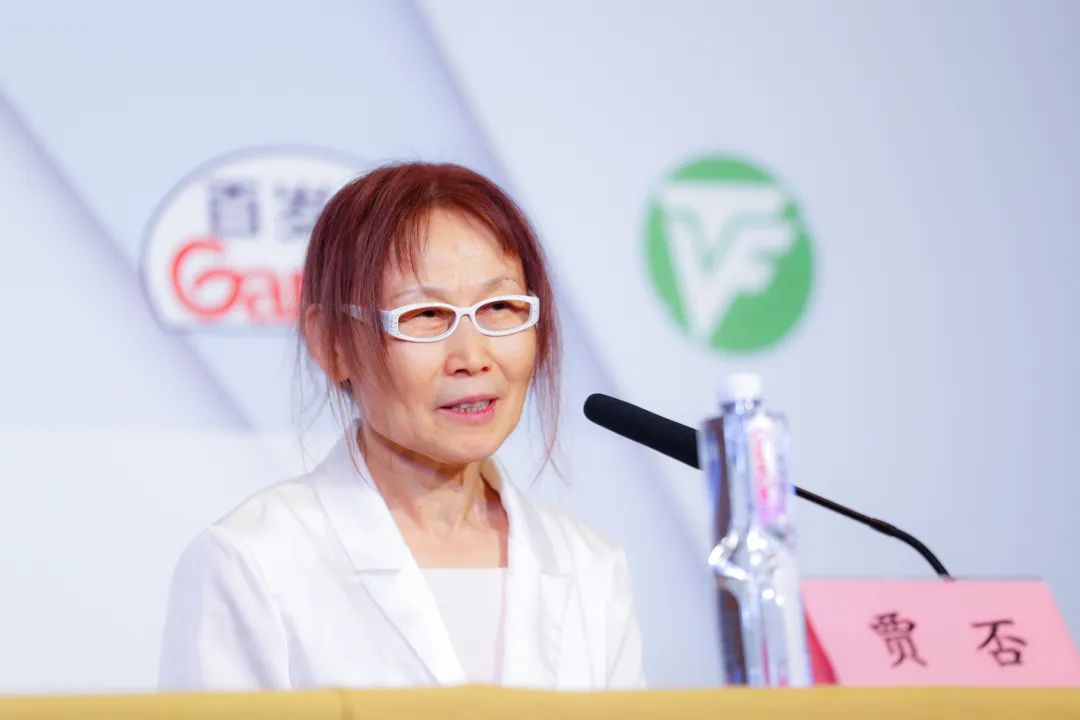
The Magnolia Awards Ceremony will be held on June 23rd at the Mercedes-Benz Arena in Shanghai.
